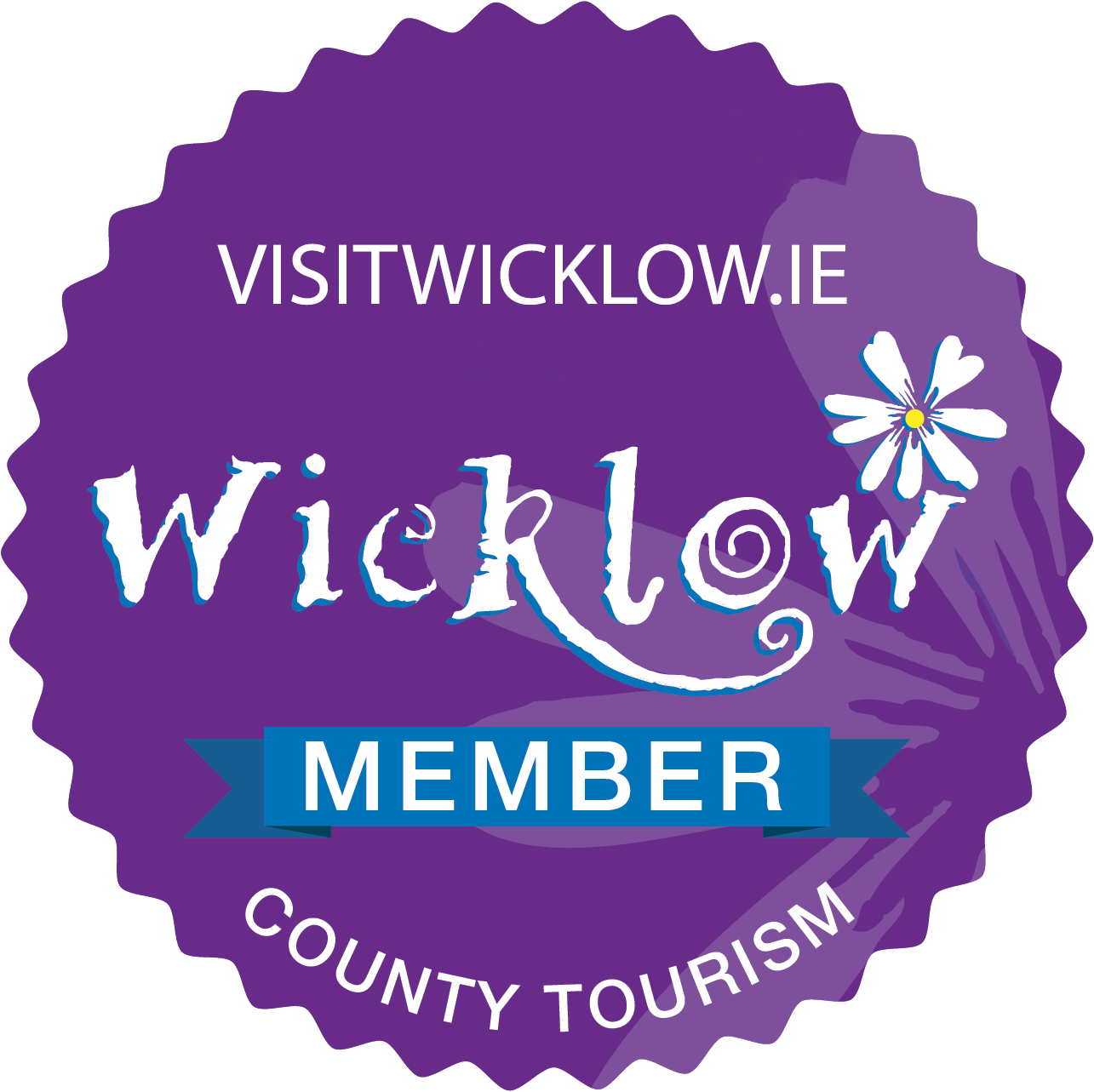Guides & Ratios
Click to view our guides’ profiles
What is a guide?
This word is bandied around a lot. Basically anyone can say they’re a guide – whether or not they have the qualifications or skill-set to back that up. It’s not illegal to do, and unless you are in The Alps, it’s not a protected professional word either. Actual Mountain Guides go through very expensive, rigorous training and really, the term should be protected. These are the people who lead you to high summits crossing glaciers and climbing technical terrain requiring the use of ropes, ski mountaineering etc. You can find out more about their skill level and what they can deliver on the IFMGA website.
In Ireland, what you might think of as a qualified mountain guide is actually a Mountain Leader, which incorporates a significant amount of personal skills training in addition to a consolidation period designed to allow trainees build up experience under the guidance of experienced MLs. But they are not mountain guides. It would be kind of like someone with a first aid certification claiming to be a doctor… A good ML will have a broad breadth of personal experience, perhaps other outdoor qualifications and judgement, albeit the latter takes many years to acquire. A qualified Mountain Leader can lead people on the mountains of Ireland and the UK in 3 seasons. A further qualification, the Winter ML is required for leading in winter conditions. This one can be tricky to get these days with limited snow in Scotland in recent winters. Few MLs opt for this path, it’s rare we get full winter conditions here. Some opt to just do the training. Find out more about Mountain Leader qualifications from Mountaineering Ireland, our national governing body.
For our Highest 100 Irish Peaks Hiking Series, we operate at 1:10.
For Rock Climbing Instructors (RCI), there is a similar pathway. Climbing instructors with their ML can then combine their skills and qualifications to become a Mountaineering and Climbing Instructor (MCI), and a Winter MCI. To find a qualified instructor, you can use the Find A Leader feature on the Mountain Training Association website (our accreditation body). This is an opt-in database, so if you can’t find someone, it doesn’t necessarily mean they were telling fibs. However, you can be assured that anyone listed is qualified. If in doubt, ask.
Industry best practice ratio is considered 1 ‘guide’ for every 12 clients.
To lead people internationally then, there are two main pathways people from this neck of the woods follow. Either the full blown Mountain Guide route, or the International Mountain Leader route. The latter costs about the same as a Masters Degree and takes as much in terms of effort and time invested too, but is much more feasible in terms of time and money than the Mountain Guide route. Individuals with the IML qualification can lead groups in different mountains all over the world, where the skills and equipment of alpinism are not required. In other words, IMLs cannot provide tours on glaciers and permanent snow, and where the planned use of a rope is necessary, generally speaking, a Mountain Guide is necessary for that. However, high altitude treks, leading groups on snowshoes etc. is within their remit. All IMLs are required to undertake continuous professional development to stay current. If someone claims to be an IML, ask to see their UIMLA carnet.



There are other outdoor qualifications of course and one for Arctic conditions is the Arctic Wilderness Guide or Arctic Nature Guide scheme. These would be familiar to Scandinavians, Greenlanders and Canadians in particular. These are qualification pathways in their own right, but equivalent learning across schemes is recognised and there are modules which can essentially be bolted on to IML qualifications already gained or you can immerse yourself fully in it from ground zero. All our International trips are headed up by an IML.
On our overseas trips, we work to a maximum of 1:6 and sometimes 1:4, it depends on the trip.
You may have heard the term ‘Local Guide’. This term means nothing. Anyone from anywhere could be a local guide for their area. It might mean they know the best restaurants/pubs or they know their way up the local mountain. It does not necessarily mean they are qualified (- or unqualified), even if they call themselves mountain guides, so you do need to ask. Some jurisdictions require employing a local guide. This is a good thing for their local economy and for your group too in terms of a cultural exchange and something we endeavour to do even when not obliged to do so. However, unless a local guide has appropriate qualifications, we don’t include them in our Guide:Client ratios.
Click to view our guides’ profiles
So, it’s a minefield really, but definitely worth knowing what you’re getting for your money so you can compare like with like.




